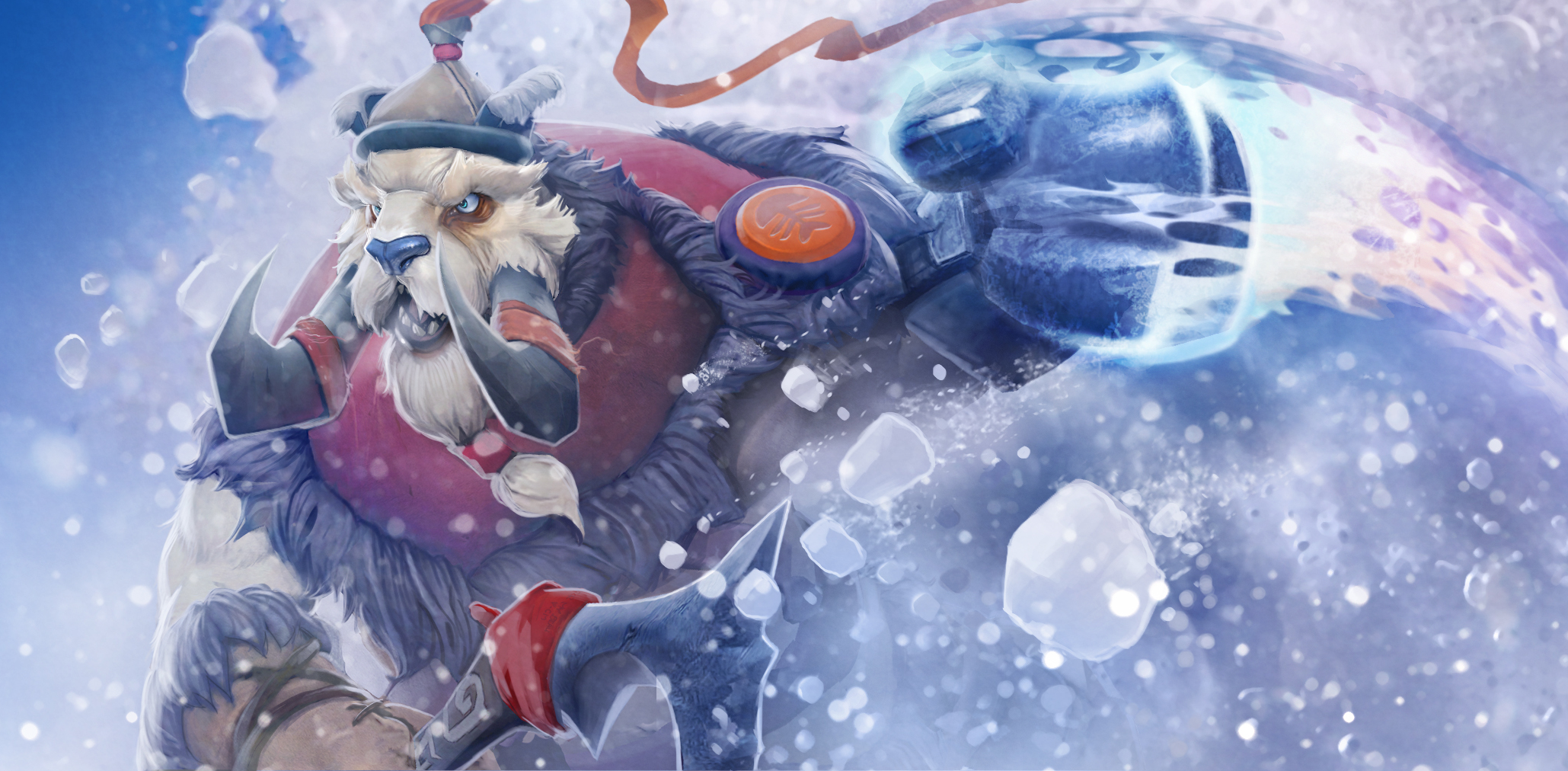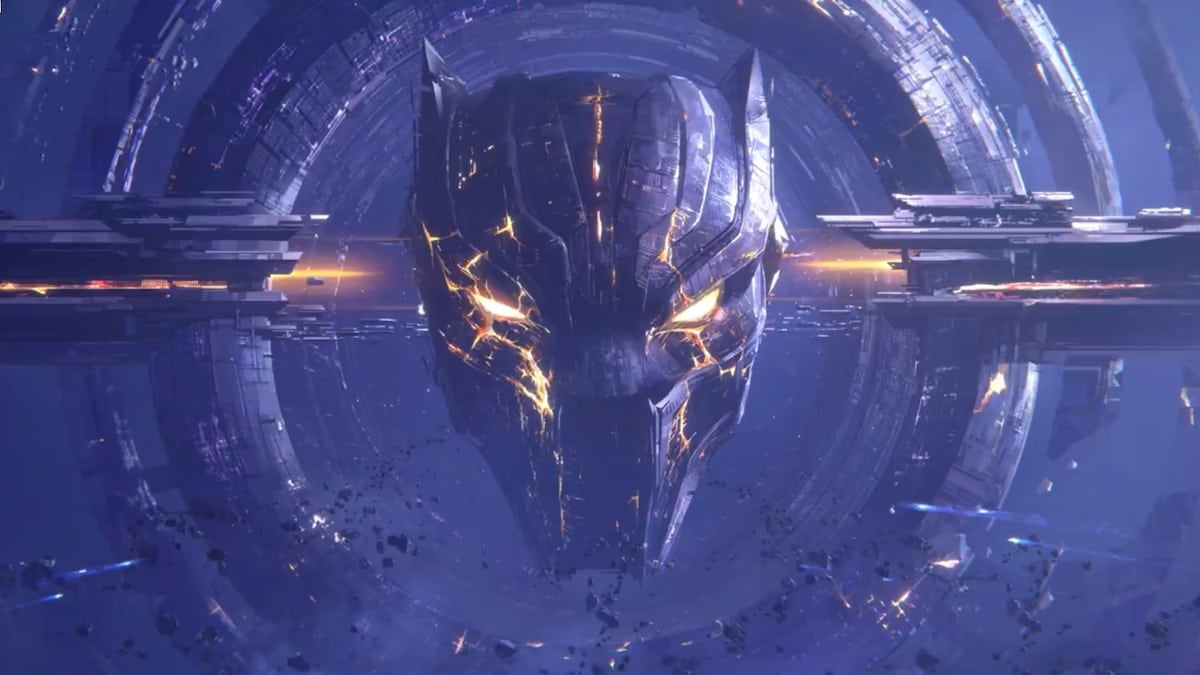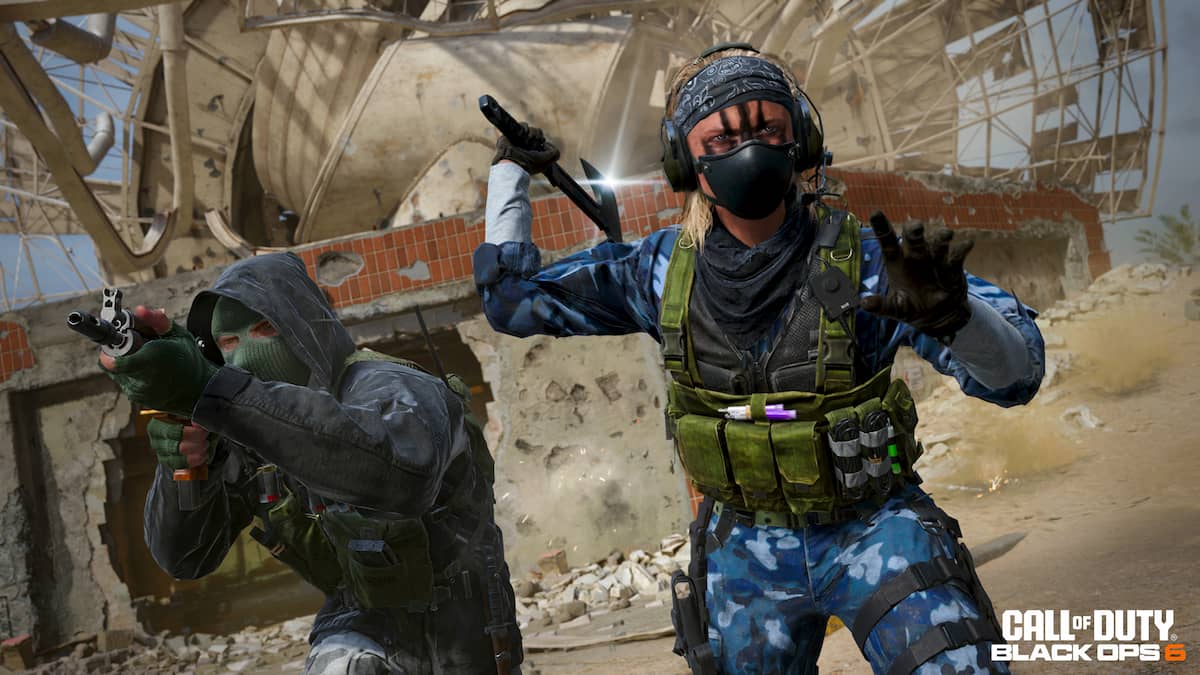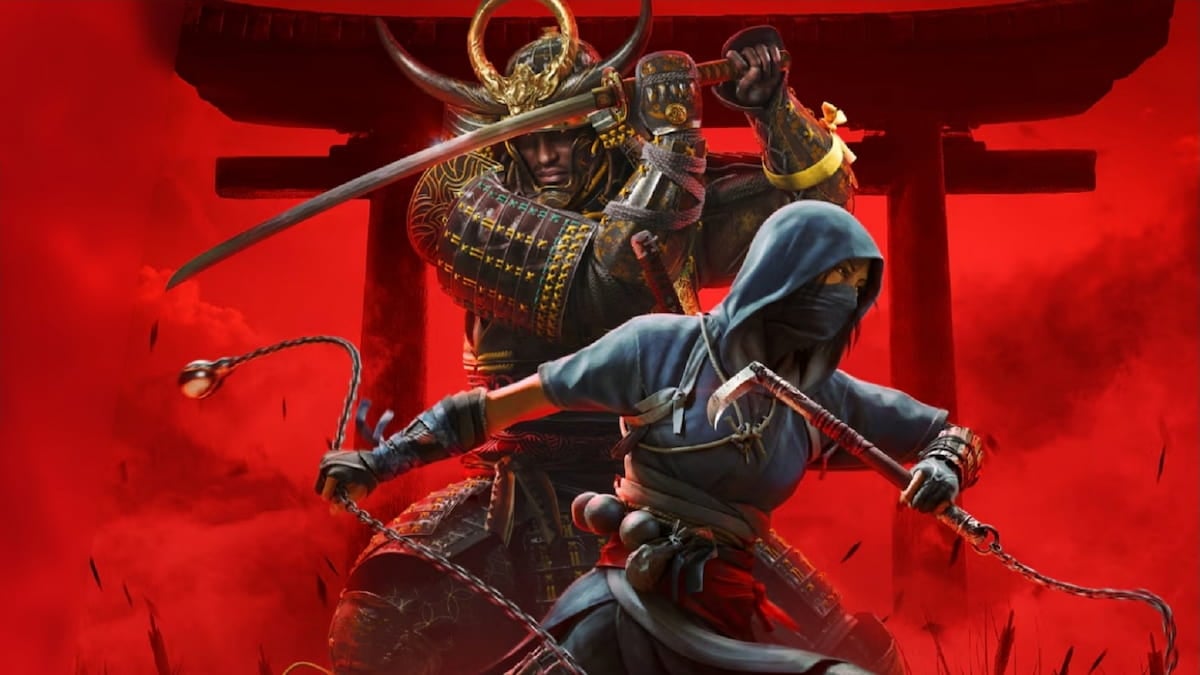Two days into its first Dota 2 event of the year, ESL is facing an incredible amount of pushback for how it has handled the broadcast of ESL One Genting.
Esports fans were surprised when internet giant Facebook revealed on Jan. 18 that it had acquired the exclusive broadcasting rights for ESL content. As such, the only way to watch ESL One Genting’s English-language coverage was through Facebook Live. Facebook’s streaming service is, however, not as easy to access as Twitch, especially on mobile as viewers need to sign in to the social network in order to view the stream. The live broadcast itself was also plagued with technical difficulties on the event’s opening day, which severely diminished the viewing experience.
Given the nature of these problems, it didn’t take long for streamers on Twitch to simply broadcast the matches from Dota 2’s in-game client, DotaTV, on their own streams. Meaning it didn’t take long for several high-profile competitors and streamers like Peter “ppd” Dager and Henrik “AdmiralBulldog” Ahnberg to surpass the number of viewers on ESL’s own official stream.
As a result of this development, streamers were subsequently hit with DMCA requests due to the games being aired Twitch. As could be expected, the community at large began criticizing ESL’s handling of the situation, and filled the game’s subreddit with dozens of threads on the topic.
ESL tournament director Jonas Vikan has since provided a statement in which he clarified that streamers wishing to broadcast the games on their own stream could do so—if they are unsponsored or the stream itself is unmonetized, as they were considered competitors to ESL. This is predicated on Valve’s own guidelines on broadcasting competitive Dota 2 games, which reads: “We [Valve] believe that anyone should be able to broadcast a match from DotaTV for their audience. However, we don’t think they should do so in a commercial manner or in a way that directly competes with the tournament organizer’s stream.”
While the guideline set up by Valve is rather vague in determining what or who is considered a competitor—the view of ESL is that any streamer that can run advertisements is a competitor. This sentiment was reiterated by the vice president of product at ESL, Ulrich Schultze, in an AMA hosted on the Dota 2 subreddit on Jan. 25.






Published: Jan 25, 2018 01:13 pm